Are steel barrel drums environmentally friendly?
Yes. When steel barrel drums have reached the end of their life cycle, they can be easily recycled as steel is a recyclable material.
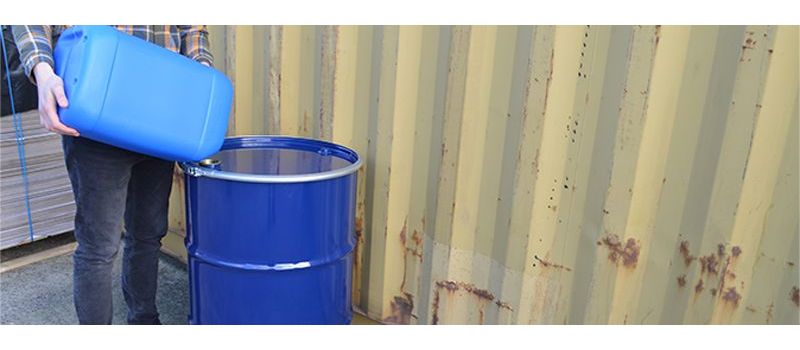
Yes. When steel barrel drums have reached the end of their life cycle, they can be easily recycled as steel is a recyclable material.
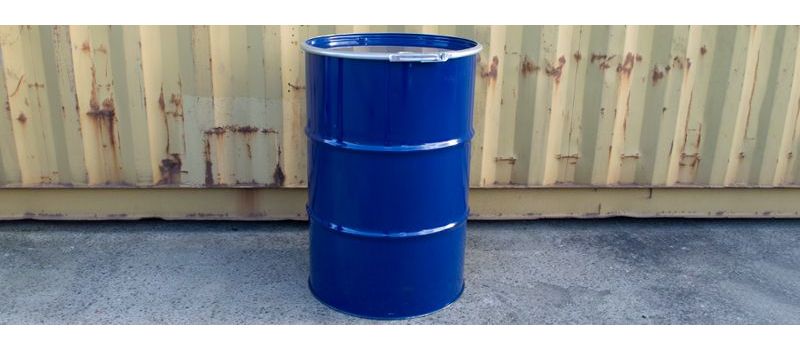
With the ability to withstand a wide range of temperatures and pressures, steel barrel drums are considered to be one of the most reliable and safe options for storing and transporting materials, such as chemicals, acids, oils, and hazardous substances.
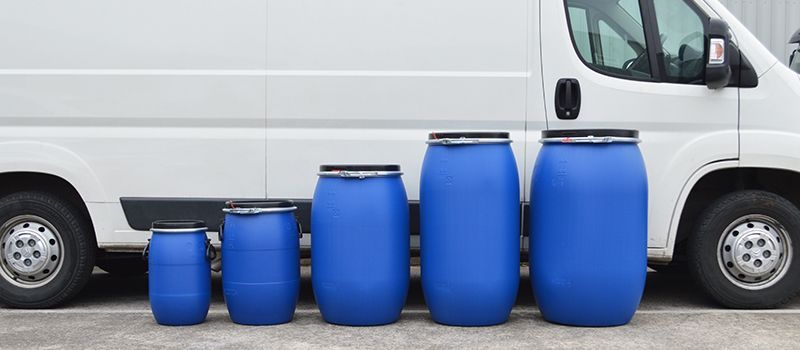
Originally, barrels were created from wood and metal. Their construction was perfected over the years requiring no glue or nails to build and created a reliable and leak proof liquid storage solution. This iconic wooden barrel is still used nowadays in the wine and whiskey industry.
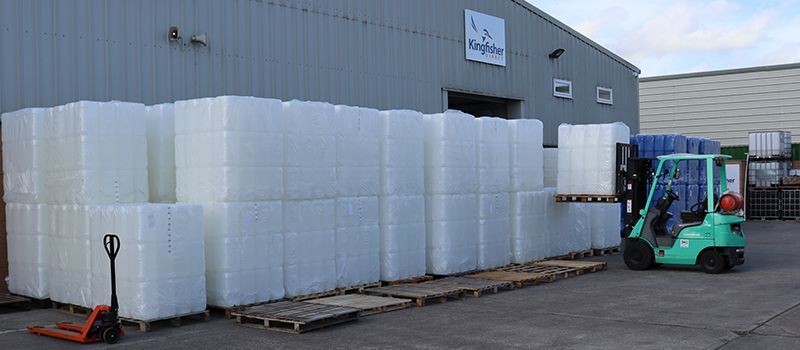
The Jerry Can was designed in Germany in the 1930s for military use to hold 20 litres of fuel and subsequently copied by the allies during World War II. In 1937 Germans developed what was known as a Wehrmacht-Einheitskanister which meant “Armed Forces Unit Canister” and its purpose was keeping the tanks fuelled and ready at a moment’s notice.

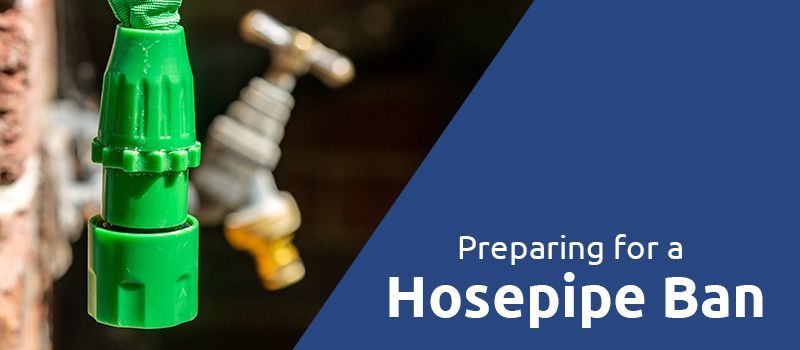
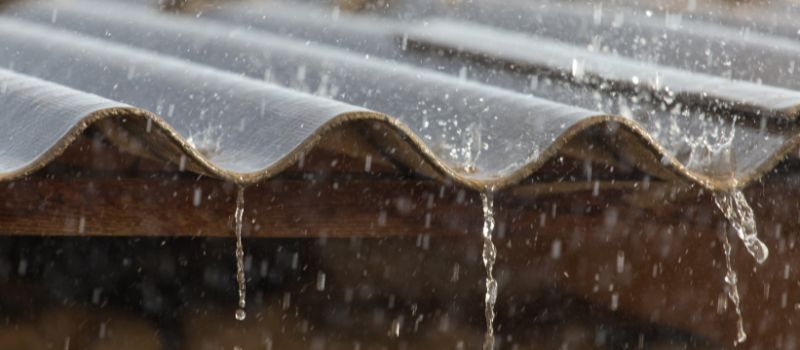
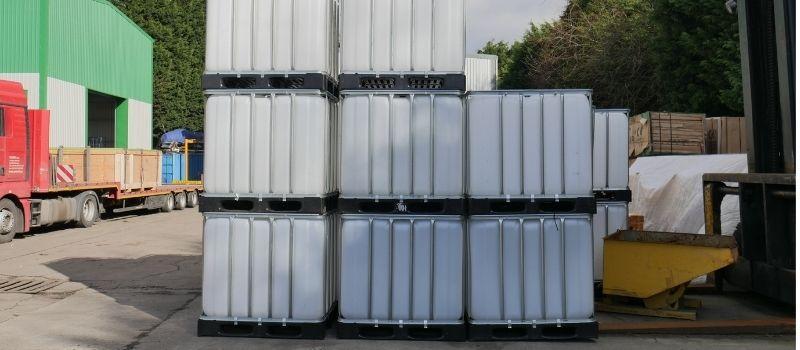
You have probably walked past IBCs dozens of times in your day-to-day life without realising, because they are such a popular item.
Here at Kingfisher Direct, we get a bit excited about IBCs and love nothing more than spreading as much information about them as we can.
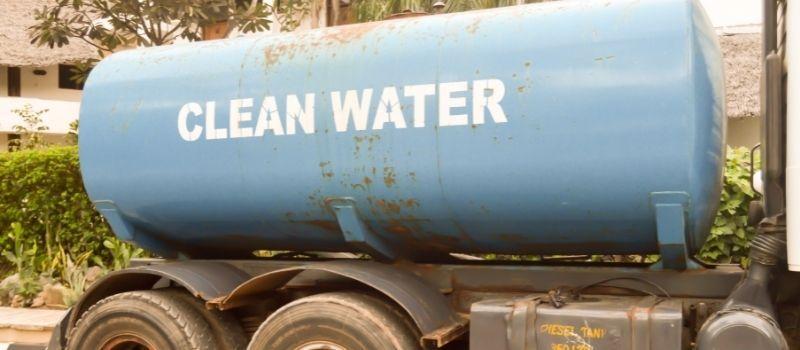
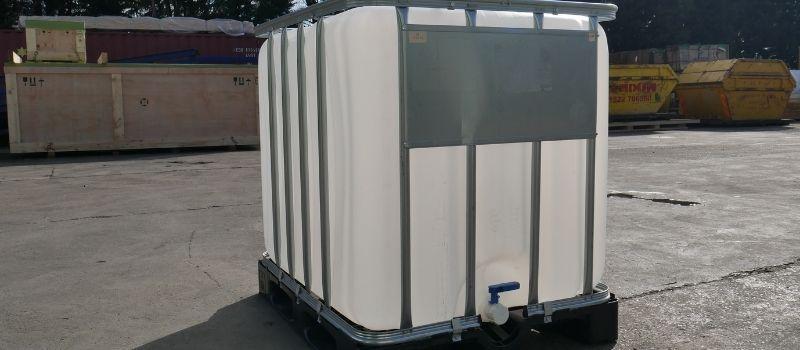
You might work with a product every day but have no idea what the manufacturing process is or why they use a specific material to manufacture a product. If that is you, we are here to help you understand the different materials and what the reason for using them is. Across our product range, certain materials are used more than others and there is always a good reason for this. Let’s look at the most common materials, their benefits and where you will find them.

An IBC, or intermediate bulk container to give it its full name, is a container that stores and transports water. Their cube design allows the user to transport more water than they would be able to in a cylindrically shaped container.
Outside of their normal use, an IBC can be used for an array of different uses. We are often flooded with examples from our customers of their creative uses for an IBC.
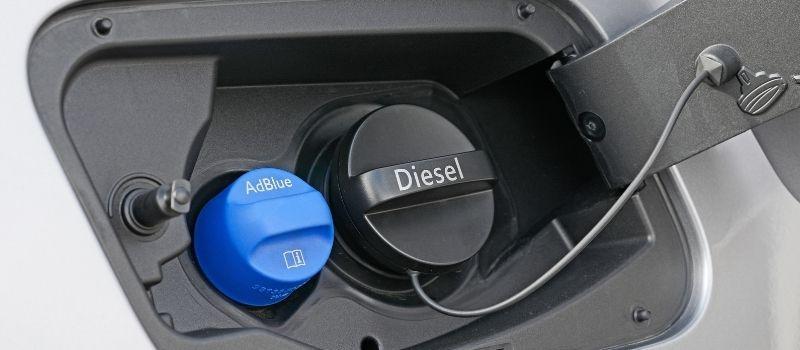
Making sure your car meets all the rules and regulations in place can be a challenging task. Understanding why you need to use a certain liquid or material complicates the matter even further. AdBlue is one such example.
We have done the hard work for you and put together a short explanation guide to AdBlue and why it is so important to diesel cars.

Over four million properties in the UK aren’t connected to the gas mains. The most common solution is an oil tank heating system. Despite many perceived negatives of using an oil tank, the people using them in their property will be benefitting in several ways. If you are on the fence about using an oil tank, let us settle a few of those concerns while giving you a few things to consider.

When storing or transporting potentially hazardous chemicals, it is important to ensure that they are safely contained. In the context of purchasing an intermediate bulk container (more commonly known as an IBC), one of the first steps towards selecting a suitable IBC for your requirements is to check whether it is UN approved. But what does that mean?
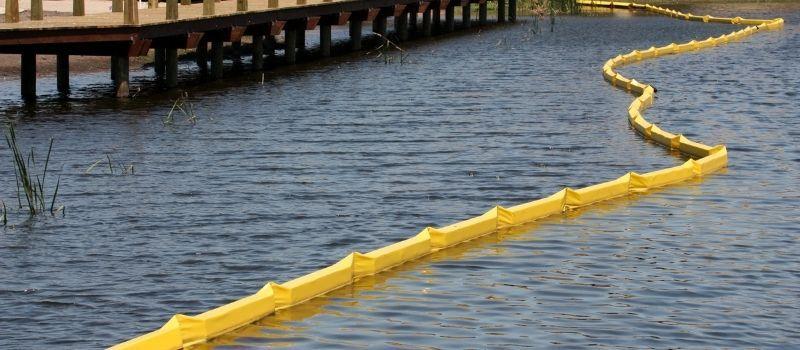
Spill containment kits may not be used that often by your business, but they can be a crucial part of your disaster recovery kit. Containing a spill can save you lots of money so it is important that you make sure you have the right kit and that it is in good working order.

Rainwater harvesting is becoming increasingly popular across the UK due to several reasons. By harvesting rainwater, you can reduce your company's water bills, but also help the environment while you are at it.
If you are thinking of starting to harvest rainwater, then you probably have a few questions.